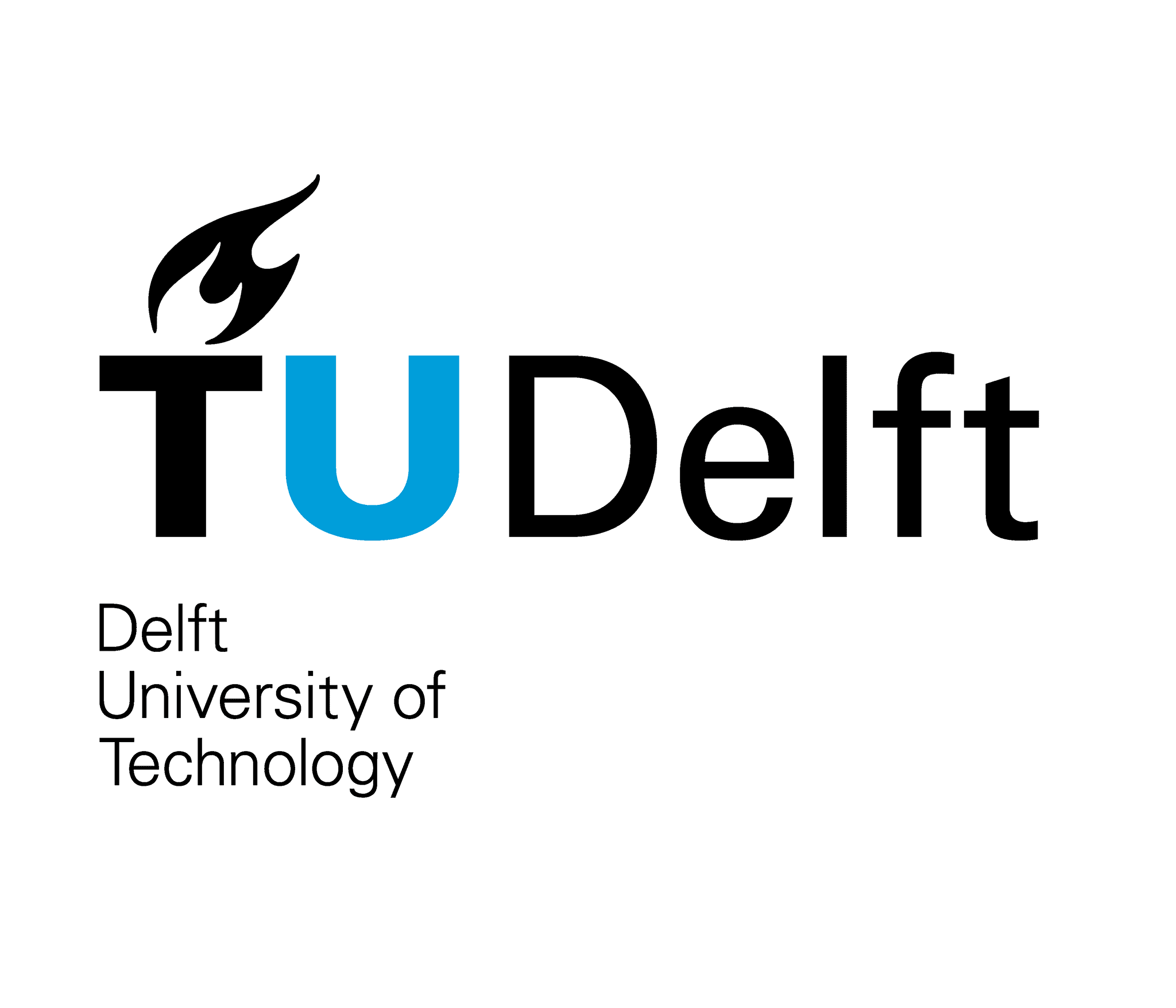
Delft University of Technology (Dutch: Technische Universiteit Delft also known as TU Delft, is the largest and oldest Dutch public technical university, located in Delft, Netherlands.
The Latest Bing News on:
Delft University of Technology Research
- TU Delft presents 21.14%-efficient IBC-HJT solar cell based on molybdenum oxide hole collector
Researchers at the Delft University of Technology have fabricated an interdigitated back contact and heterojunction solar cell that uses a thin full-area molybdenum oxide layer as a blanket layer. The ...
- Photons Frozen in Time by Innovative Crystal Designs
AMOLF researchers, in collaboration with Delft University of Technology, succeeded in bringing light waves to a halt by deforming the two-dimensional photonic crystal that contains them. The ...
- Unlocking New Potentials: Halting Light in Photonic Crystals Offers Photonic Device Innovation
Advanced technologies in photonic devices such as LED displays, fiber-optics, sensors, and lasers could see a significant leap forward thanks to innovative ways of manipulating light, including ...
- Scientists Solve Decades-Old Microscopy Problem
Studying tissues, cells, and proteins under a microscope is essential for disease prevention and treatment. This research requires accurately measuring the dimensions of these biological structures.
- IAEA Mission Sees Enhanced Safety at Research Reactor in the Netherlands, Indicates Need for Continued Improvements
The Integrated Safety Assessment for Research Reactors (INSARR) team concluded a follow-up mission to the Hoger Onderwijs Reactor (HOR) in the Netherlands on 18 April to review the level of ...
The Latest Bing News on:
Delft University of Technology Discovery
- Scientists solve chemical mystery at the interface of biology and technology
Organic electrochemical transistors (OECTs) allow current to flow in devices like implantable biosensors. But scientists long knew about a quirk of OECTs that no one could explain: When an OECT is ...
- University of North Florida to offer master’s in fintech
The University of North Florida announced April 30 it will offer undergraduate and graduate programs in financial technology this fall. The Coggin College of Business, in partnership with the College ...
- TU Delft presents 21.14%-efficient IBC-HJT solar cell based on molybdenum oxide hole collector
Researchers at the Delft University of Technology have fabricated an interdigitated back contact and heterojunction solar cell that uses a thin full-area molybdenum oxide layer as a blanket layer. The ...
- University College at the University of Denver partners with Ziplines Education to provide online technology education
In an effort to address and support workforce needs, the University of Denver’s University College of professional and continuing education has launched several new online programs in partnership with ...
- Unlocking New Potentials: Halting Light in Photonic Crystals Offers Photonic Device Innovation
Advanced technologies in photonic devices such as LED displays, fiber-optics, sensors, and lasers could see a significant leap forward thanks to innovative ways of manipulating light, including ...









